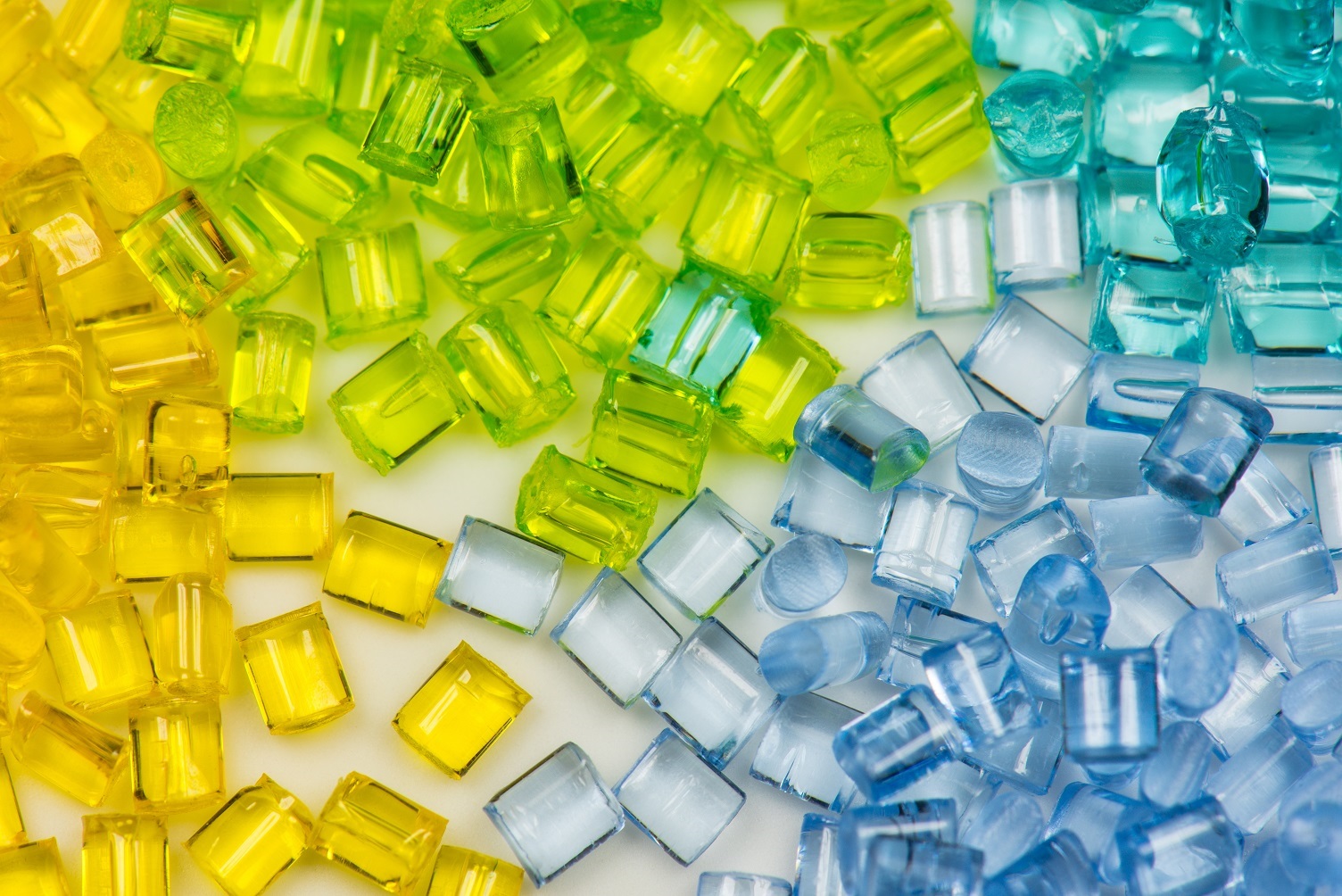 By Paula Luu and Georgia Sherwin at Closed Loop Partners
By Paula Luu and Georgia Sherwin at Closed Loop Partners
The circular economy is centred on resource efficiency, eliminating waste and keeping valuable materials in circulation. Fundamentally, it’s about a system that makes good economic sense.
For plastics, the urgent need for a safe, circular system is increasingly apparent. An estimated 11 million metric tons of plastic waste enters the ocean every year according to the latest report by Pew Charitable Trust and Systemiq. Microplastics appear in the pristine Himalayas and the Pyrenees. More than 60% of fabric fibers are now fossil fuel derived synthetics and the vast majority of these end up in landfills at end-of-life. These environmental issues have damaging social and economic impacts. Without end-of-life solutions for the diverse types of plastics out there – from auto parts to food packaging — these waste issues will only get worse and more costly to clean up.
Solving the global waste crisis will require a multifaceted approach. First and foremost, we must eliminate unnecessary plastic wherever possible, shifting to reuse and refill models for packaging and products. To scale these solutions, collaboration across industries and cities among diverse stakeholders must become the norm. And we’re seeing industries increasingly step up to the plate and convene to solve shared challenges.
Starbucks and McDonald’s came together to reimagine the to-go cup so that it’s recyclable, compostable and/or reusable as part of the NextGen Consortium. Retail industry leaders including CVS Health, Target, Walmart, Walgreens, and Kroger recently united to identify reusable and innovative alternatives to the single-use plastic bag as part of the Beyond the Bag Initiative. This kind of collaboration sends a unified signal to the market for transformative change and enables impact at scale.
Because of the volume and diverse types of plastics in use today, a circular future will require us to build systems that enable all post-use plastics to be reused and incorporated back into manufacturing supply chains. To get there, significant investments in mechanical and advanced recycling infrastructure, alongside supportive policies, must be realised to increase the amount of plastics being collected, processed, and recirculated through the economy.
Advanced recycling can and should complement mechanical recycling. Today, mechanical recycling predominantly recycles PET bottles and HDPE. Advanced recycling technologies can address the low-value plastics that mechanical recycling facilities struggle to find markets for – like thermosets, multilayer packaging, and films– and turn them into virgin-like quality outputs. Increasing the supply of post-consumer recycled content that can meet high quality standards will be critical to industries like food and beverage, beauty, and healthcare, whose packaging and products must meet food or medical grade quality standards. Incorporating recycled content in these industries is difficult today, but advanced recycling could enable progress.
Our research and analysis in the sector illustrates that with the right business model and a robust understanding and evaluation of the environmental and human health impacts of advanced technologies, they can play an important role in keeping materials in play. Policy will play a critical role to encourage and ensure that we scale these technologies in ways that are aligned with the principles of a circular economy. Together, we can advance circularity by harnessing multiple strategies and tools to address the fact that only 9% of plastics are recycled globally today.
Closed Loop Partners’ Center for the Circular Economy is an innovation centre for research, analysis and collaboration to accelerate the transition to a circular economy in which materials are shared, re-used, and continuously cycled. Learn more here.
This expert view is part of BMI’s spotlight week on chemical recycling. Guest posts do not necessarily reflect the views of the Bio Market Insights’ editorial team and management.
 If you were interested in this story, you may also be interested in the stories below.
If you were interested in this story, you may also be interested in the stories below.
Read: Spotlight on chemical recycling: Offering a solution towards a circular economy
Read: Ineos Styrolution and Agilyx advance US chemical recycling facility.
Read: Braskem starts trials on chemical recycling of plastic waste.
Read: UPM to invest in new biorefinery to produce wood-based biochemicals.





